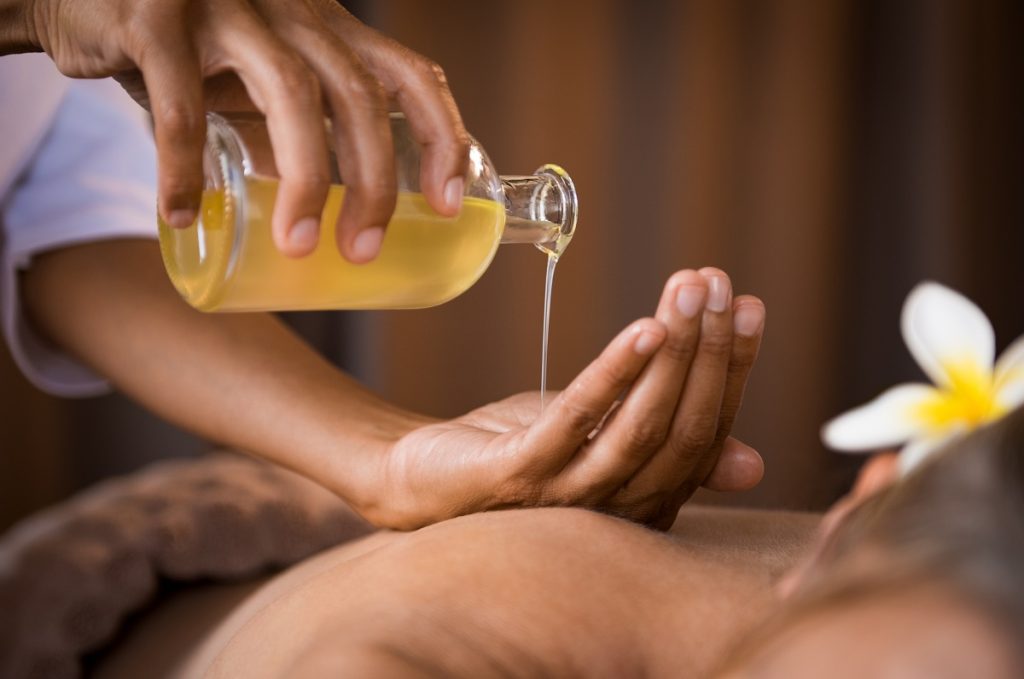- User-generated content, AI and ML, targeted ads, and personalized experiences are shaping the wellness and beauty industry’s marketing landscape.
- E-commerce platforms and social media, alongside effective web design and content creation, are critical for online engagement and sales.
- Influencer marketing boosts brand visibility, but finding mission-aligned influencers is crucial for credibility.
- Sustainability and ethical practices are increasingly important, with businesses benefiting from demonstrating social responsibility.
The wellness and beauty industry is growing at an unprecedented rate, with the global beauty market predicted to reach $716.6 billion by 2025. With the rise of social media and e-commerce platforms, the beauty industry has witnessed a paradigm shift in how products and services are marketed. Gone are the days when consumers relied solely on traditional advertising methods such as television commercials, radio ads, and print media to learn about new products. This blog post will explore the modern perspective of marketing in the wellness and beauty industry and how businesses can stay in tune with the changing landscape.
User-Generated Content
User-generated content (UGC) is any content created by users of a product or service, such as reviews, photos, videos, and social media posts. It is considered one of the most effective forms of marketing as it is authentic, relatable, and trustworthy. Businesses can encourage UGC by featuring their customers’ posts on their website and social media channels, running UGC campaigns, and rewarding customers for sharing their experiences. Here are some of its applications:
Artificial Intelligence (AI) in Beauty and Wellness Marketing
Artificial Intelligence (AI) is revolutionizing the marketing landscape in the beauty and wellness industry. AI-driven technologies like chatbots, recommendation engines, and image recognition are enhancing the customer experience, personalizing product suggestions, and automating customer service. Brands are now able to provide a more individualized shopping experience, giving customers exactly what they need based on their individual preferences.
Leveraging Machine Learning (ML) for Predictive Analysis
Machine Learning (ML), a subset of AI, is being harnessed to predict customer behavior and personalize marketing efforts. By analyzing data related to customers’ past purchases, browsing history, and interactions, predictive models can forecast future trends, enabling brands to ensure that customers receive relevant content and product recommendations, improving conversion rates and customer loyalty.
The Role of Targeted Ads in Modern Marketing

Targeted ads are a powerful tool in today’s marketing toolkit, particularly in the wellness and beauty sector. By using data to understand consumers’ needs, interests, and behavior, these ads can deliver personalized content directly to prospective customers. This targeted approach not only increases the potential for conversion but also helps build a relationship between the brand and its customers, fostering brand loyalty and increasing customer retention.
E-Commerce and Social Media Channels
E-commerce and social media channels have become essential for businesses in the wellness and beauty industry. Social media platforms such as Instagram and Facebook enable businesses to showcase their products, engage with customers, and run ads. E-commerce platforms provide businesses with a platform to sell their products online. Here are some factors that affect a company’s success in this arena:
Influencer Marketing
Influencer marketing has become a popular approach to reach consumers in the wellness and beauty industry. Influencers are individuals with a large following on social media platforms such as Instagram, YouTube, and TikTok who can promote brands and products to their followers. Collaborating with influencers can increase brand awareness, credibility, and engagement. However, as influencer marketing becomes more prevalent, businesses will need to focus on finding the right influencers who align with their values and mission.
Web Design
In the digital age, web design forms the backbone of successful marketing strategies. It serves as the first point of contact for many potential customers, providing them with an interactive platform to explore the offerings of a business. For instance, an efficient website design for medical spas that is user-friendly, aesthetically pleasing, and optimized for mobile devices tends to have higher visitor retention rates.
Incorporating elements such as easy navigation, engaging visuals, and informative content can boost a website’s potential to convert visitors into customers. Additionally, integrating features such as online booking and e-commerce capabilities can enhance the customer experience, leading to increased loyalty and repeat business.
Content Creation

Content creation plays a vital role in marketing within the wellness and beauty industry. High-quality, relevant content can not only attract and retain an audience but also build a brand’s authority and credibility. It can include blog posts, videos, infographics, or eBooks that provide valuable, informative, and engaging information to the audience.
A well-planned content marketing strategy should focus on creating and distributing content that resonates with the target audience’s needs and interests. Moreover, incorporating SEO best practices in content creation can enhance the visibility of the brand and drive more organic traffic to the business website.
Sustainability and Ethical Practices
Sustainability and ethical practices have become critical considerations for consumers when making purchasing decisions. Brands that prioritize sustainability and ethical practices can attract and retain customers who value social responsibility.
For example, some companies have established themselves as pioneers in ethical beauty by using sustainably sourced ingredients and campaigning against animal testing. Businesses should consider how they can adopt sustainable and ethical practices in their operations and communicate their efforts to their customers.
If possible, businesses should also partner with charities or non-profit organizations to strengthen their commitment to sustainability. This can create a positive image for the brand and turn customers into brand advocates, all while helping those in need.
The wellness and beauty industry is constantly evolving, and businesses need to adapt to stay relevant. The future of marketing in the industry relies on authenticity, personalization, social responsibility, and technology. By embracing user-generated content, influencer marketing, personalized experiences, sustainability, and e-commerce platforms, businesses can effectively market their products to their target audiences. In today’s fast-paced digital world, businesses that fail to adopt modern marketing strategies risk falling behind their competitors and losing their customer base.




